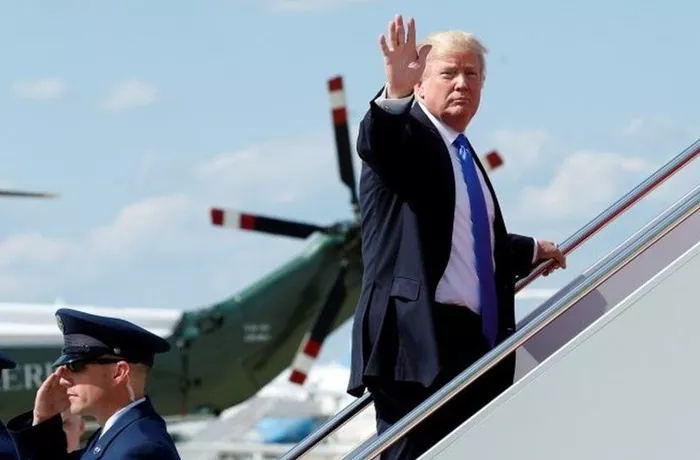Former U.S. President Donald Trump has announced a proposal to establish two new national holidays to honor America’s victories in World War I and World War II. The suggestion is part of Trump’s ongoing efforts to emphasize American contributions to global conflicts, claiming that the U.S. has not received adequate recognition for its pivotal role in both wars.
In a post on Truth Social earlier this week, Trump highlighted that the United States’ involvement in both world wars was critical to the success of the Allied forces. He argued that while other Allied nations celebrate their victories, America has not been afforded similar commemorations. He proposed November 11—marking the armistice that ended World War I in 1918—and May 8—Victory in Europe Day in 1945—as new national holidays. Trump asserted that without U.S. intervention, the outcome of the wars could have been markedly different.
Trump’s proposal has stirred international controversy. Russian officials have been quick to rebuke the suggestion. Former Russian President Dmitry Medvedev labeled Trump’s statements as “pompous nonsense,” underscoring the Soviet Union’s immense sacrifices during the war, which included the loss of 27 million lives. Kremlin spokesman Dmitry Peskov acknowledged American assistance through the Lend-Lease program but emphasized that the Soviet Union had the capacity to defeat Nazi Germany on its own, despite the significant aid it received.
In the United Kingdom, General Lord Dannatt, a former senior British military figure, also criticized Trump’s remarks. He accused the former president of attempting to “rewrite history,” citing the long-standing observance of Victory in Europe Day by both the U.S. and several European countries on May 8. Russia, however, celebrates the day on May 9 due to the time zone difference when Nazi Germany formally surrendered.
Trump’s comments have ignited a renewed debate over the historical narratives of World War II and the contributions of various Allied nations. The proposal is likely to continue drawing both support and criticism as discussions surrounding national commemoration of the wars intensify.

